The North Carolina Senate passed a bill this month that would permanently reduce the number of months those with a learner’s permit would have to wait to get their limited provisional license.
What You Need To Know
- A bill would shorten the time a teenager would be required to have a permit from 12 months to six month before they could get their limited provisional license
- This would extend the modified state law that was approved during the COVID-19 pandemic
- Safety concerns around the new legislation are due to crash rates for young drivers during the first 12 months after receiving their license
The legislation is an expansion of a previous measure put in place during the COVID-19 pandemic to help teens get their license after delayed driver education classes.
Joe Fitzgerald, owner of Southeastern Driver Training Center, has always wanted to keep young drivers safe. It’s something he’s felt a calling to do since he spent 11 years with the Wilmington Police Department and working as a crash reconstructionist.
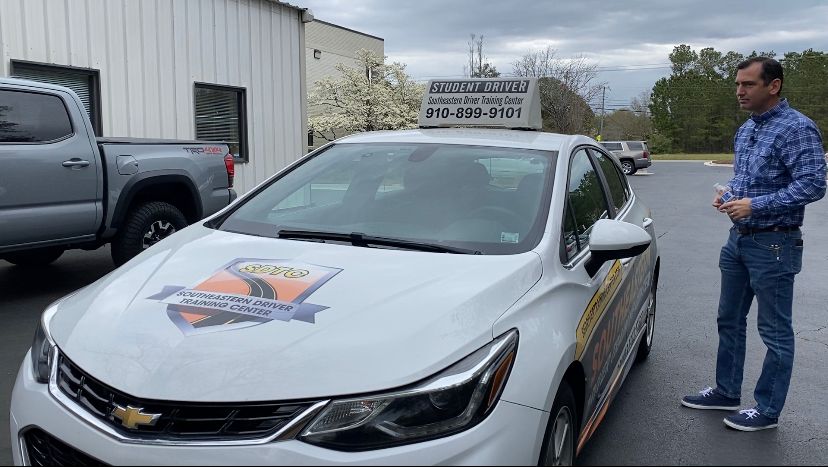
“That job came along with another task and that was sometimes having to notify families that someone they love and care about isn’t coming home anymore,” said Fitzgerald, “and ultimately, that is what’s lead me into the driver education industry.”
Since 2015, Fitzgerald has been teaching young teens to drive and helping them advance toward their license.
He’s seen the licensing rules change again and again these past few years. Now that the rule is back to a six-month requirement, Fitzgerald has mixed feelings.
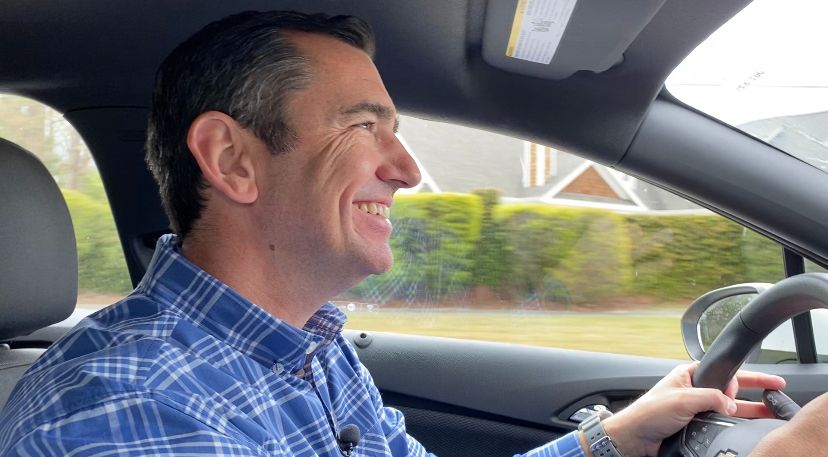
“I’m excited for them to be able to get their driver’s license a little bit earlier,” said Fitzgerald, “but I hope this change is being made for the right reasons.”
Fitzgerald says he has safety concerns with the proposed new law in place.
According to the Center for Disease Control’s Teen Driver Fact Sheet, the risk of crashing is higher during the first months after getting a license.
“The risk of them becoming involved in a crash is so high that first year,” said Fitzgerald, “so they need to get that experience gradually.”
Fitzgerald says those first 12 months can be very important for a new driver, because they will understand the car, get used to the road and learn how to make important decisions.
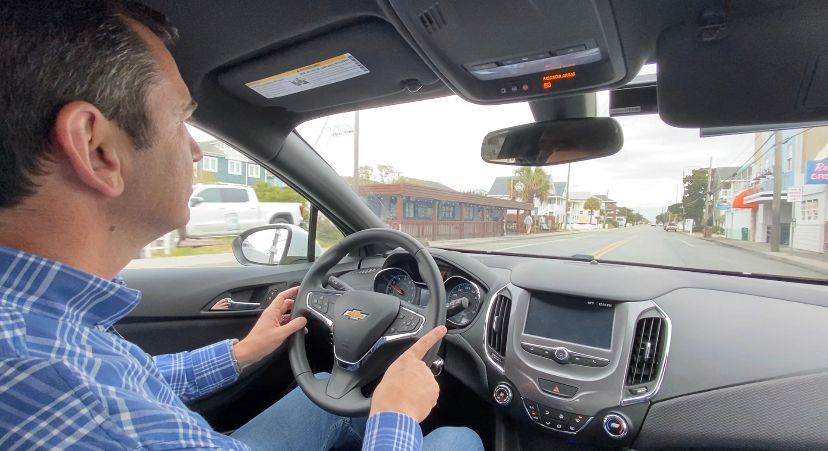
Regardless of what laws are in place, when to get a license ultimately comes down to the driver. Fitzgerald says parents should work with their children to help them figure out a time frame that best works for them and their driving needs.
“You’ll have some kids who will have their learner’s permit for a year and when that year is up they may still not be ready to get their driver’s license and drive on their own,” said Fitzgerald. “So, parents, they need to do their part and do their role and say regardless of what the state sets, they need to be the ones to determine if their child is ready to have their driver’s license.”
The provisional license modification bill is now heading to the House, where if passed, the six-month minimum would be reinstated until the end of 2023.
After that, it would be a nine-month minimum of supervised driving for all new drivers.
To receive a limited provisional license, drivers will still need to be at least 16 years old, have logged at least 60 hours of driving and pass a road test.






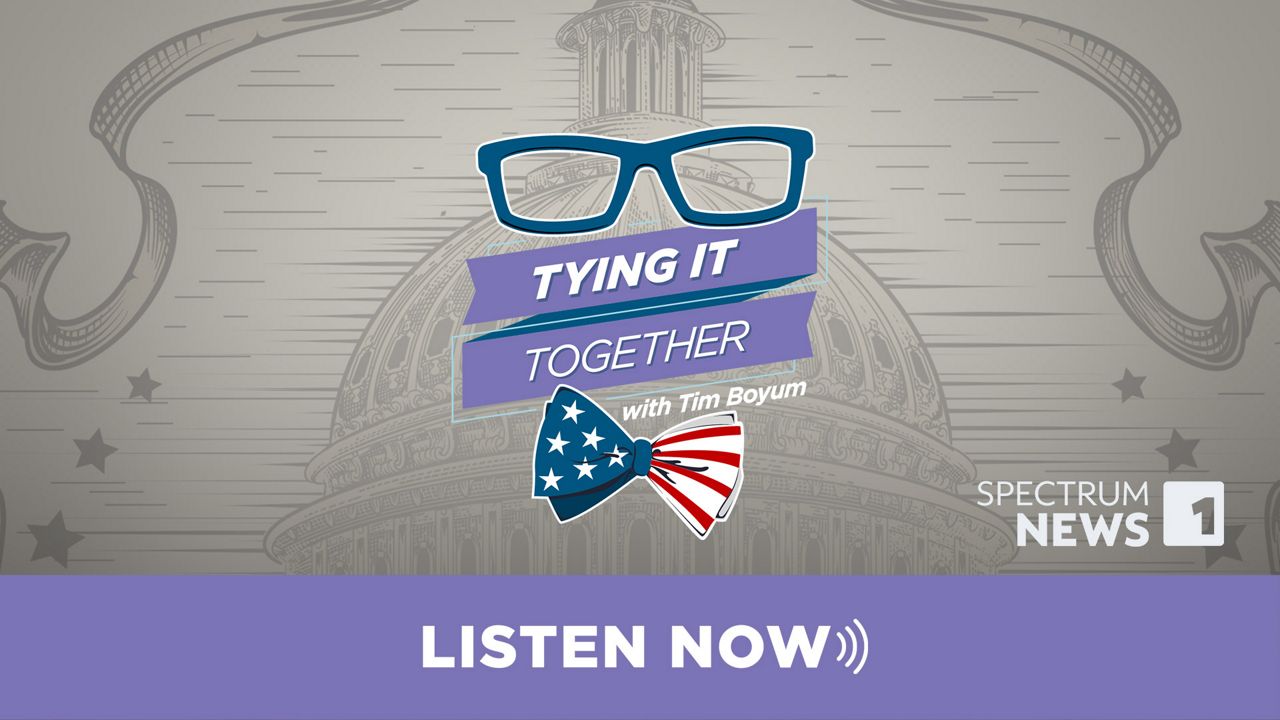
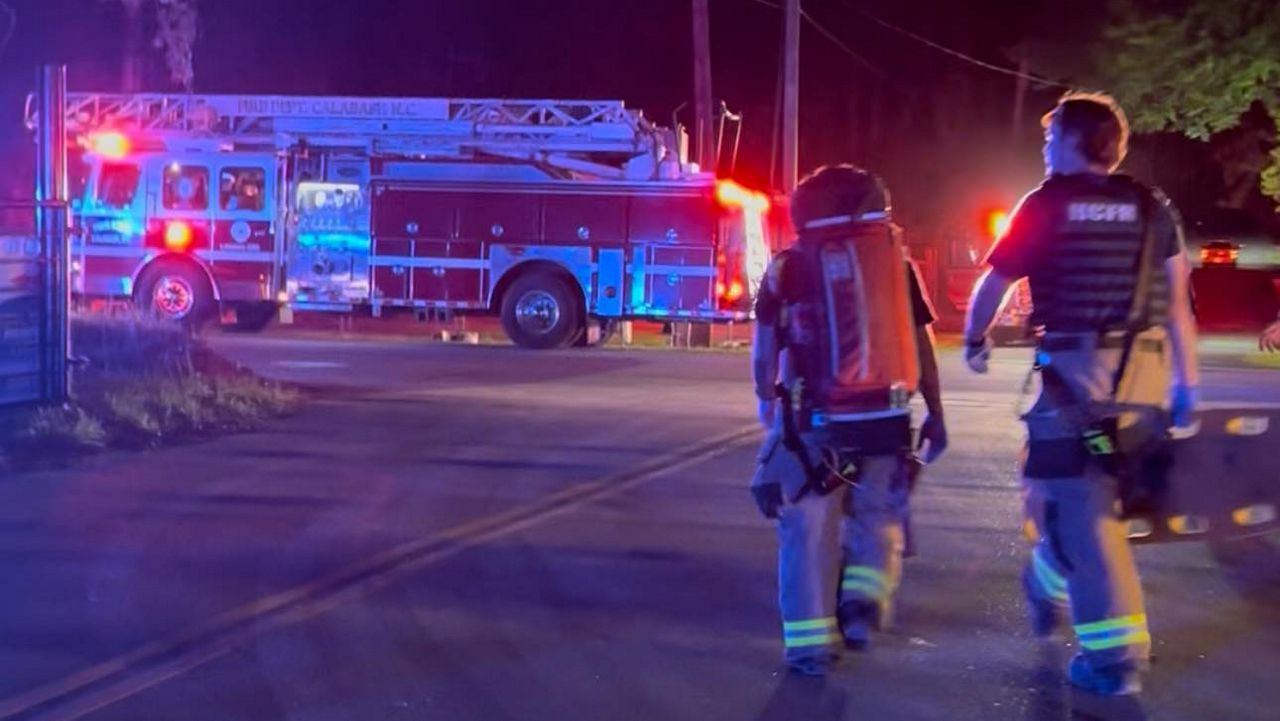

)